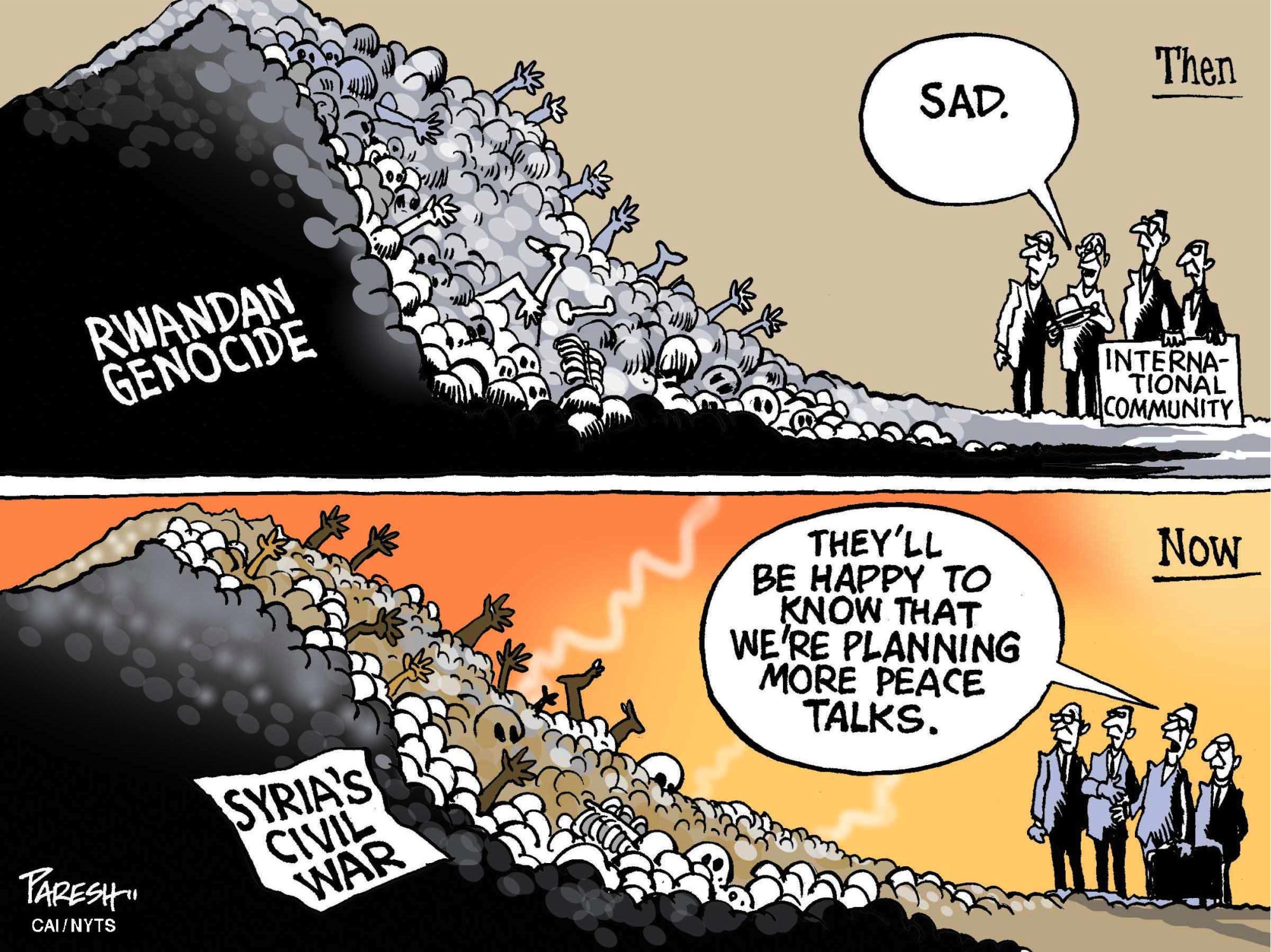It is now 70 years after what was perhaps the most important trial in the history of mankind. What makes this circumstance particularly significant is that it was the first time in history that a murderous regime of a defeated state was put to trial by the victorious powers after a particularly cruel and vicious war. The defendants were tried for acts that confounded human understanding or were not considered criminal before 1945. The exception were those few cases that were prosecuted for war crimes after World War I.
Perhaps it would be easy to disparage Nuremberg saying that the defeated had been tried by the "victors' justice." What is certain, however, is that in international law nothing was the same after Nuremberg. The most important members of the Nazi government were charged with three offenses: crimes against peace, war crimes and crimes against humanity. Not included in the trials were Adolf Hitler, Heinrich Himmler and Joseph Goebbels, who had committed suicide before the trial's commencement.
The first category — crimes against peace — was imposed at the insistence of the United States. This offense is perhaps the most critical since, until 1945, war was the common way of settling international disputes. Therefore, to charge as a crime something that had not been a crime before that date made the trial tainted by a layer of suspicion. As Joachim von Ribbentrop, former foreign minister of Nazi Germany (1938-1945), stated in 1945: "You'll see. A few years from now the lawyers of the world will condemn this trial. You can't have a trial without law."



















With your current subscription plan you can comment on stories. However, before writing your first comment, please create a display name in the Profile section of your subscriber account page.